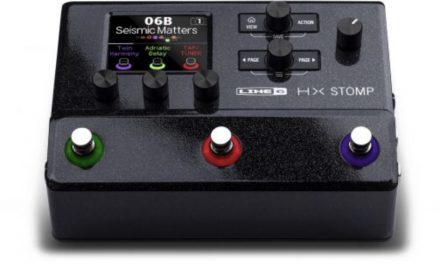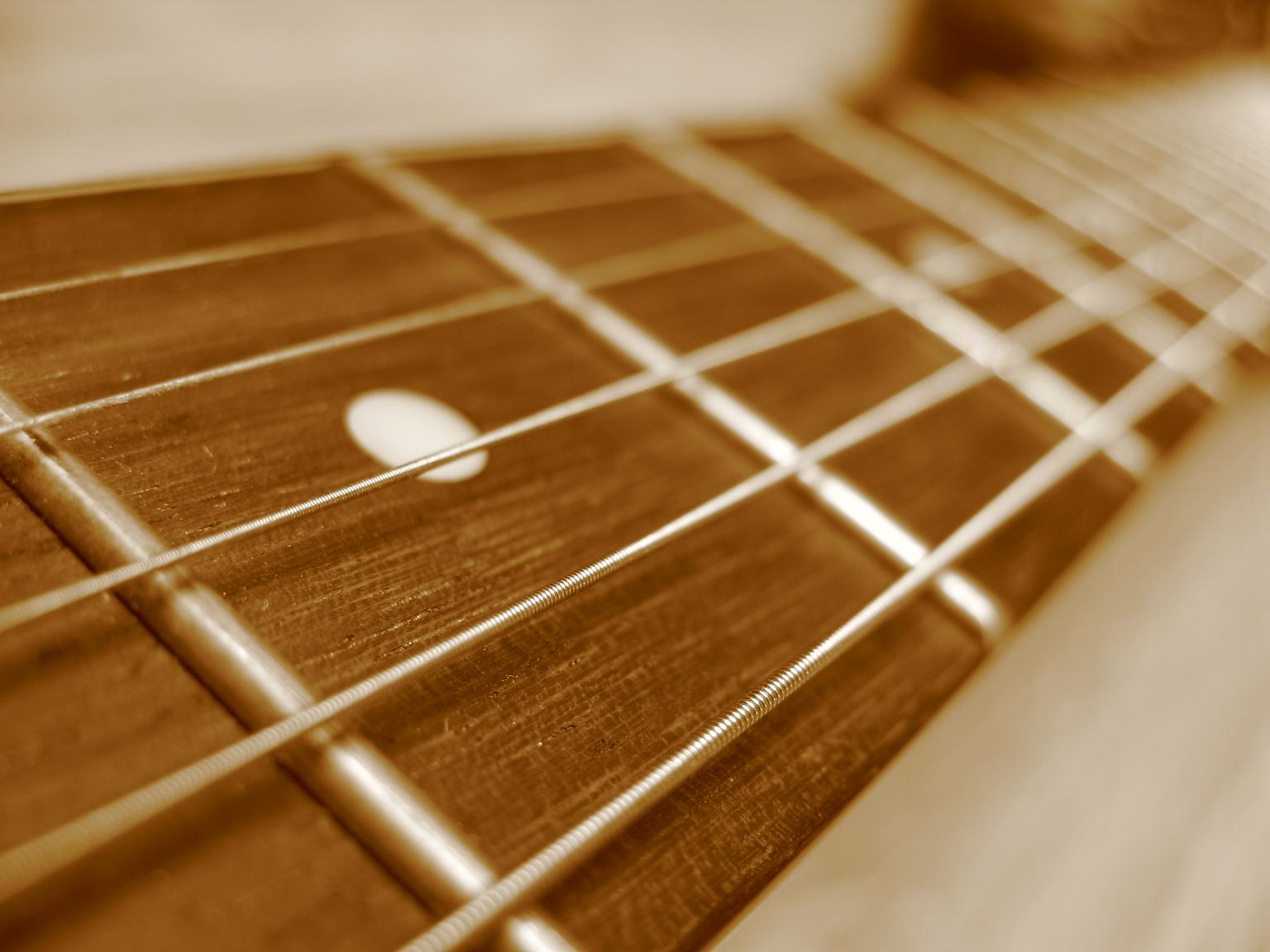First – I studied music in college but I was not a vocal major. The best instruction I ever got on singing was from the book “Set Your Voice Free” by Roger Love. Which, by the way, is the best book/CD on singing ever.
So actually my first bit of advice is go buy that book. The CD in the back has vocal warmup exercises that are worth far more than the cost of the book. But the book is great
But aside from that, I want to share advice about singing that may be useful to some people. I sang a lot as a kid, but once I got to be a surly know it all teenager and became aware that my voice didn’t sound like Paul Stanley, I clammed up. I didn’t like the sound of my own voice and I didn’t think I had any right to sing. Dave Snyder changed my mind about that. Dave was a year older than me in high school, and we hung out a little bit. He had an acoustic guitar and he would sing anywhere, any time. And his voice was OK, but he wasn’t Paul Stanley either. But it didn’t matter – he sang with confidence. And I thought “That’s the key, isn’t it? Just sing and be confident.” It sounds simple now, but at the time it was a revelation.
Or to quote Sesame Street, “Don’t worry that it’s not good enough for anyone else to hear, just sing.”
So there’s that. But the problem for me was that when I would sing, I’d be straining and I wouldn’t have confidence that I could hit the high notes, and every song had high notes. My problem was that I didn’t realize I was a baritone. Or a bass. I’m still not sure which I am. My natural range was low, and I was trying to sing every song at the top of my range, so I had no confidence I could hit the notes. That made me hold back, which is a very bad thing – you have to sing with confidence.
So you really need to know your range, and then don’t try to sing at the top of it all the time. Yeah, I know, you want to sing the songs on the radio. All those guys have higher voices than most of us do. If you do have a lower voice, find songs to sing that are lower (like The Doors) or sing those radio songs in a lower key.
Most people don’t realize it, but there are plenty of pro singers who will try out their song in several different keys before they find the best one for their vocal range. This isn’t as common in some types of music, where the musicians aren’t capable of transposing the song to a different key because they don’t know their instrument well enough.
For you old guys, once you hit a certain age it’s common to start losing some of your top range. So don’t get depressed about it – change keys. It’s OK.
So buy Roger Love’s book, know your range, and sing within your range. Hell, that’s 80% of the battle. The rest is singing with confidence and practice, practice, practice.






